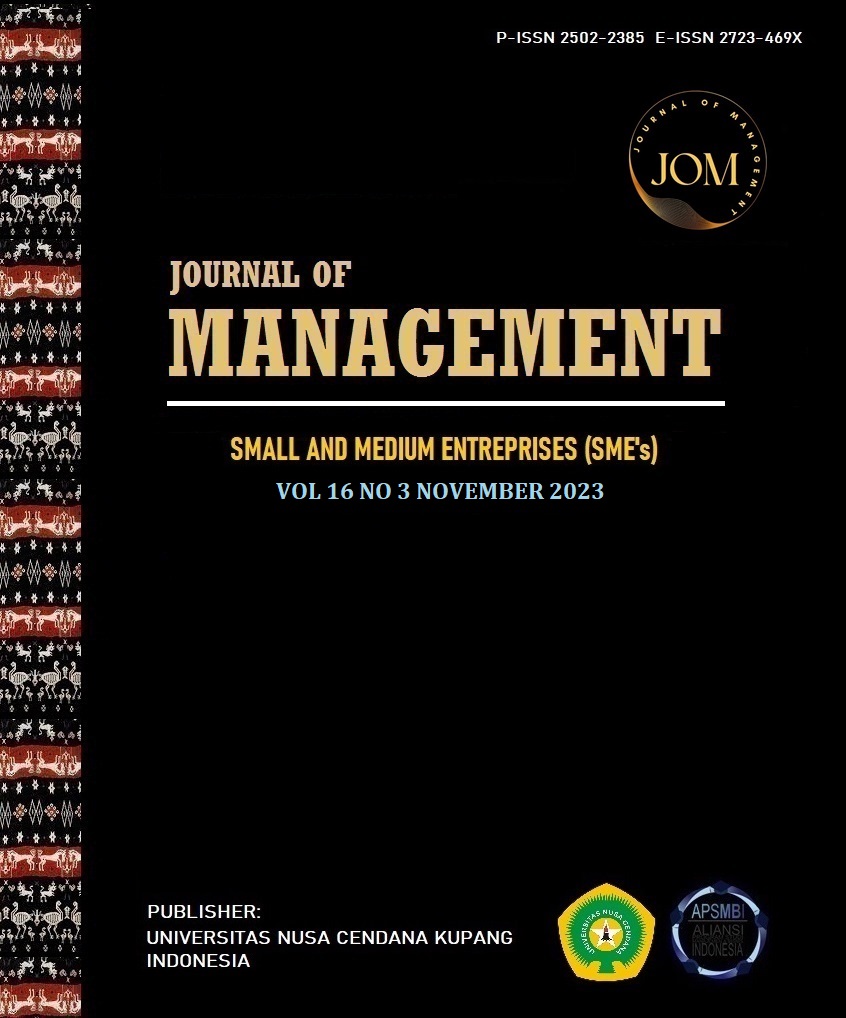THE SOLIDARITY ECONOMY OF MARGINALIZED COMMUNITIES IN SOUTH AFRICA: AN ANALYSIS OF BUYING AND SAVINGS CLUBS IN GQEBERHA
Abstract
Like other parts of the world, South Africa has been seriously affected by the economic recession that has brought unemployment and poverty to large numbers of people in many regions of the world. The districts of Zwide and Kwazakhele are parts of Nelson Mandela Bay, in the Eastern Cape province of South Africa, and are homes to working-class households that suffer extreme hardship due to poor socioeconomic conditions. They are excluded from participation in the mainstream economy and have no sustainable means of supporting their families. By forming buying clubs and savings, these communities try to alleviate their hardship. Data was collected through semi-structured interviews to gather the views and experiences of members of the buying and saving clubs. In investigating these clubs, this paper raises the possibility that these community initiatives could indicate the beginnings of a solidarity economy and the possibility of creating a more just and inclusive society in an environment characterized by unemployment, hunger, and poverty. The research offers insights into the lives of nineteen women and one man, residents of the two marginalized communities, and their agency in alleviating poverty and bringing about change in their lives through the implementation of a buying club and a savings club.
Keywords: Solidarity Economy; Poverty; Marginalized Communities; Communal Work; Livelihoods; Stokvel; Bulk Buying
Downloads
References
Antonopoulos, R. (2007). Employer of Last Resort and Public Works. The Gender Dimension Working Paper Series: The Levy Economics Institute of Baird College.
Baatjes, B. (2015). The profile of possibility - Emerging Voices 2: Nelson Mandela Institute for Education and Rural Development, University of Fort Hare.
Bahre, E. (2007). Money and Violence. Leiden: Brill.
Barr, A. & Kinsey, B. (2002). "Do men really have no shame?" CSAE Working Paper Series 2002-05, Centre for the Study of African Economies, University of Oxford.
Berg, B. (2009). Qualitative Research. Methods for the Social Sciences. Boston: Allyn & Bacon.
Buijs, G., (1998). Savings and loan clubs: risky ventures or good business practice? A study of the importance of rotating savings and credit associations for poor women. Development Southern Africa, 15(1), pp.55-65.
Chikadzi, V. & Lusenga, T. (2013). Stokvels as a livelihood strategy for women living in urban townships: lessons from South Africa. The Social Work Practitioner-Researcher, 25(3): 350-367.
COGTA, (2020). District profile: Nelson Mandela Bay. Available at: https://www.cogta.gov.za/ddm/wp-content/uploads/2020/07/District_Profile_NELSONMANDELABAY-1.pdf. Accessed 20 April 2023.
Dloto, A. (2017). The Solidarity Economy of Marginalised Communities: A Sociological Analysis of Buying and Savings Clubs in Port Elizabeth. Master of Arts Dissertation, University of Johannesburg.
Hölscher, D., Kasiram, M., Sathiparsad, R. (2009). “Deserving" children, "undeserving" mothers? multiple perspectives on the child support grant. Social Work 45(1): 11-26.
Hutchison, A. (2020). ‘Uncovering contracting norms in Khayelitsha stokvels’. The Journal of Legal Pluralism and Unofficial Law, 52(1): 3-27.
Irvin, M. (2005). Informal savings groups in South Africa: investing in social capital. Working Paper Number 112. Centre for Social Science Research, University of Cape Town.
Karlan, DB. Savonitto, B. Thuysbaert, and Udry, C. (2017). ‘Impact of Savings Groups on the Lives of the Poor.’ Proceedings of the National Academy of Sciences 114(12): 3079–3084.
Kovel, J. (2008). Introduction. In J. Kovel, The enemy of nature. The end of capitalism or the end of the world (pp. 1-10). London: Zed Books.
Lappeman, J., K. Ransome, and Z. Louw. (2019). ‘Not One Segment: Using Global and Local BoP Characteristics to Model Country Specific Consumer Profiles.’ European Business Review 3 (31): 317–336.
Lappeman, J., Litkie, J., Bramdaw, S & Quibell, A. (2020). ‘Exploring retail orientated rotating savings and credit associations: festive season ‘stokvels’ in South Africa’. The International Review of Retail, Distribution and Consumer Research, 30(3): 331-358.
Mashigo, P, and Schoeman, C. (2012). ‘Stokvels as an Instrument and Channel to Extend Credit to Poor Households in South Africa.’ Journal of Economic and Financial Sciences 5: 49–62.
Matthews, B. and Ross, L. (2010). Research Methods: A Practical Guide for the Social Sciences. 1st Edition, Pearson, Harlow.
Miller, E., (2010). Solidarity Economy: Key Concepts and Issues. In E. Kawano, T. Masterson, & J. Teller-Ellsberg, eds. Solidarity Economy : Building Alternatives for People and Planet. Amherst, MA: Center for Popular Economics, pp. 1-12.
Moliea, H. (2007). Stokvels as alternate microfinance institutions: Conversations with women from Venda. Available at: https://repository.up.ac.za/dspace/bitstream/handle/2263/23463/dissertation.pdf?sequence=1. Accessed 1 May 2023.
Mutuku, S. & Kaseke, E. (2014). “The role of stokvels in improving people’s lives: The case in Orange Farm, South Africa.” Social Work, 40:504-515.
Neuman, W. L. (2014). Basics of Social Research Methods. Qualitative and Quantitative Approaches (third edition). Essex, Pearson Education Limited.
Rubin, A., & Babbie, E. (2007). Research Methods for Social Work. Cengage Learning.
Satgar V. (editor) (2014). The Solidarity Economy Alternative, Emerging Theory and Practice. University of KwaZulu-Natal Press
StatsSA. (2014). The Quarterly Labour Force Suvey (QLFS). 8 June 2016. Available at www.statsa.gov.za.../glfs.asp.(Accessed:10/07/2016)
Thomson, RJ., and Posel, DB.(2002). ‘The Management of Risk by Burial Societies in South Africa.’ South African Actuarial Journal 2 (1): 83–128.
Triegaardt, J. (2005). The Child Support Grant in South Africa: a social policy for poverty alleviation? International Journal of Social Welfare 14(4):249 - 255.
Vally, S & Motala, E. (2014). Educations economy & Society. Unisa press. Pretoria
Verhoef, G. (2001). “Informal Financial Service Institutions for Survival: African Women and Stokvels in Urban South Africa, 1930-1998.” Enterprise & Society 2 (2): 259–296.
Verhoef, G. (2002). “Money, Credit and Trust: Voluntary Savings Organisations in South Africa in Historical Perspective”, Paper presented to the International Economic History Association Congress, Beunos Aires.

 Mondli Hlatshwayo(1*)
Mondli Hlatshwayo(1*)



